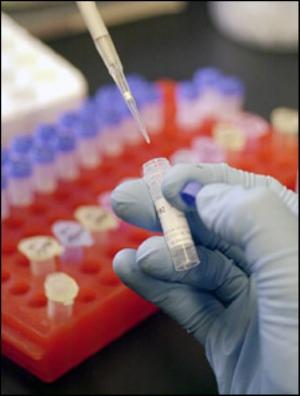By activating a gene, cells can be reprogrammed to produce insulin: study
 Recent study has offered a hope of finding an efficient treatment for type 1 diabetes. Recently European scientists have found a way to regenerate the insulin-producing cells in the pancreas.
Recent study has offered a hope of finding an efficient treatment for type 1 diabetes. Recently European scientists have found a way to regenerate the insulin-producing cells in the pancreas.
Research team claims that by activating one gene, cells can be reprogrammed to produce insulin. Patients of type 1 diabetes have to inject insulin several times a day because of the loss of insulin-producing cells in the disease.
Researchers found that by turning on the gene known as Pax4 pancreatic cells in diabetic mice could be reprogrammed into beta cells.
Research team gave the mice a chemical called streptozotocin that killed off their beta cells while preserving other types of pancreatic cells. When the Pax4 gene was activated, research team found that alpha cells converted into beta cells.
Study also showed that the body senses the loss of alpha cells and replaces them with new ones, which are again converted into beta cells. The body destroys beta cells, causing insulin levels to drop and blood sugar levels to soar in type 1 diabetes.
Data analysis showed that level of beta cell was eight times higher in treated mice than in untreated control subjects.
Ahmed Mansouri of the Max-Planck Institute for Biophysical Chemistry in Germany said: "Too many beta cells isn't good either. We'll need a strategy to trigger Pax4 and, at a certain point, also stop it."